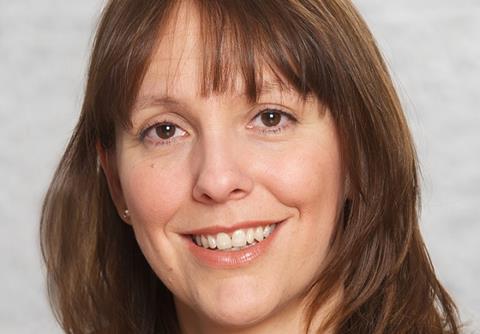
The BBC may be one of the first organisations to face the backlash for differences between how much male and female employees are paid, but it certainly will not be the last.
The new government rules and public pressure will see to that, making it vital that those firms that fall within the government’s reporting criteria are fully prepared to deal with any criticism that comes their way.
The real story for employers following the media furore that engulfed the publication of the BBC’s pay gap is the litigation risk facing employers following the publication of their gender pay gap. In the coming weeks, if the BBC cannot show that men and women are being paid equally for doing the same or comparable jobs, then it may be in breach of equal pay laws.
Employers can show they are paying men and women an equitable wage by establishing factors that legitimately differentiate pay, such as levels of responsibility, nature of work, experience and geography. This is what employers concerned about gender pay must take note of.
Although the deadline for publication of the gender pay gap data is April 2018, to date, circa 30 employers have published their results. These now appear on the government website, searchable by name and sector, for employees, unions and the press to see.
Therefore, employers that have not already done so need to run their pay gap numbers immediately. They need to consider a privileged equal pay study, review their diversity and inclusion initiatives and determine the appropriate voluntary context in which to present their results. Otherwise, they risk facing a similar fate to the BBC.
Suzanne Horne is head of the international employment practice at law firm Paul Hastings











